Blockchain technology is pivotal in enhancing data security for the Australian government. Its decentralised and immutable framework offers strong protection for sensitive information, significantly reducing the risk of data breaches and cyberattacks. Australia’s commitment to blockchain is evident in its Blockchain Roadmap, which outlines key areas for integration and development.
Roadmap enhances security strategies
Australia’s Blockchain Roadmap, published by the Department of Foreign Affairs and Trade (DFAT), underscores the nation’s commitment to blockchain technology. This detailed roadmap outlines key areas where blockchain can enhance efficiency and security in government services. Developed in collaboration with industry experts and researchers, the roadmap aims to strengthen Australia’s burgeoning blockchain sector. It highlights seven key ‘signposts’ for implementation, supported by four working groups focusing on supply chains, credentialing, cybersecurity, and regulatory technology.
Significant applications of blockchain detailed in the roadmap include digital identity verification, secure record-keeping, and transparent supply chain management, illustrating blockchain’s potential to revolutionise traditional data exchange and validation methods. In 2021, as part of the Federal Budget 2020–21, the Australian Government announced two pilot projects to develop blockchain-based solutions aimed at reducing regulatory compliance burdens for businesses. Each pilot project is set to receive up to $3 million in grant funding, reflecting the government’s active pursuit of blockchain use cases in collaboration with industry partners.
Regulations boost blockchain
Australia’s regulatory framework for blockchain technology aims to foster innovation while ensuring national security and data integrity. The Australian Cyber Security Strategy 2023–2030 highlights blockchain’s role in enhancing cybersecurity. It stresses the integration of blockchain to bolster the security of critical infrastructure and data systems, aligning with broader objectives to defend against cyber threats and boost resilience.
The framework includes government policies designed to promote blockchain adoption. The Department of Foreign Affairs and Trade’s Blockchain Roadmap outlines strategies to advance blockchain innovation across various sectors, such as public administration and supply chains. This roadmap supports the creation of blockchain solutions that adhere to strict security and data protection standards. Additionally, the government is tackling the risks associated with foreign control over critical technologies.
The Digital Trade Strategy features measures to monitor and manage the impact of foreign entities on blockchain technologies used within Australia. These policies aim to mitigate security risks while ensuring that blockchain advancements positively contribute to Australia’s technological and economic landscape. Recent policy documents, including Blockchain Australia’s Future Policy Recommendations, advocate for a balanced regulatory approach. They encourage blockchain innovation while implementing strong safeguards to protect against potential threats.
Blockchain strengthens cyber defense
Blockchain technology is increasingly recognised as a critical asset in the field of cybersecurity, especially in combating data breaches and cyberattacks. Around the globe, including in Australia, government agencies are investigating how blockchain can enhance digital infrastructure security and protect against unauthorised access. The decentralised nature of blockchain makes it particularly resistant to hacking. By employing distributed ledger technology (DLT), blockchain eliminates a single point of failure, which makes it challenging for cybercriminals to infiltrate the system with malware or other manipulative tactics.
An attack affecting one or a few participants does not compromise the entire network, ensuring ongoing transparency and transaction integrity. Furthermore, blockchain upholds data integrity through cryptographic methods. Data is recorded across numerous computers (nodes) within an immutable ledger, which fosters trust and maintains high data accuracy. Incorporating blockchain into cybersecurity measures marks a significant advancement in digital transformation. As the Australian government progresses with blockchain implementation, it sets a leading example for other countries to follow.
Real-world blockchain applications
Blockchain technology is making significant strides in enhancing government data security through various pilot projects, showcasing its practical advantages. A notable example is the Digital Transformation Agency’s (DTA) initiative, which employs blockchain to secure government records and boost transparency in public sector transactions. The DTA’s pilot projects leverage blockchain’s immutable ledger to establish tamper-proof records, thereby reducing the risk of data manipulation and fraud. This effort aligns with the Australian Blockchain Roadmap, which promotes blockchain’s role in enhancing transparency and accountability within the public sector.
Another significant application of blockchain is its integration into supply chain management within government agencies. This use of blockchain ensures the traceability and integrity of goods and services, which is key for compliance and security. The Australian Government’s Cyber Security Strategy 2023–2030 highlights blockchain’s potential to strengthen supply chain security by offering real-time tracking and verification, reducing the risks associated with counterfeit goods, and enhancing trust and efficiency in government procurement processes.
Additionally, blockchain technology has been trialled in secure digital identity management by various Australian governmental bodies. These projects utilise blockchain’s decentralised features to develop secure and verifiable digital identities, aiming to decrease the risks of identity theft and unauthorised access. This approach supports the findings of the Australian Data Strategy Action Plan, which underscores the importance of advanced technologies in bolstering data security and privacy.
Blockchain technology is set to transform data security within Australian government operations. Its decentralised and immutable nature enhances the protection and integrity of digital infrastructure, offering a robust defence against data breaches and cyber-attacks. The Australian government’s ongoing investment in blockchain research and development, supported by a comprehensive regulatory framework, positions Australia as a leader in blockchain innovation and data security.
The National Blockchain Roadmap and the Cyber Security Strategy 2023–2030 underscore this commitment. Looking forward, blockchain’s potential applications in government data security are extensive. The technology promises to revolutionise personal data management, public procurement processes, networked government systems, and public service delivery. By modernising traditional methods of data exchange and validation, blockchain technology is poised to significantly enhance the efficiency and security of governmental operations.
Justin Lavadia is a content producer and editor at Public Spectrum with a diverse writing background spanning various niches and formats. With a wealth of experience, he brings clarity and concise communication to digital content. His expertise lies in crafting engaging content and delivering impactful narratives that resonate with readers.
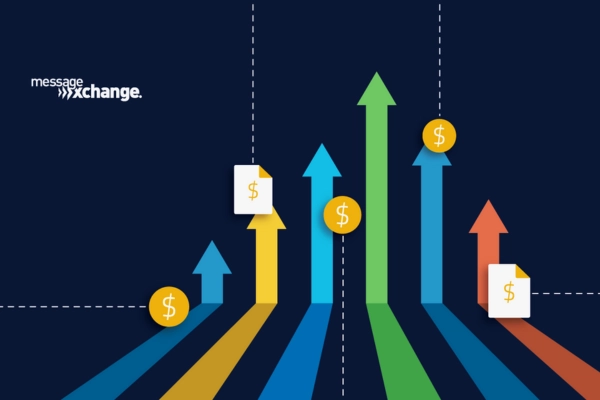
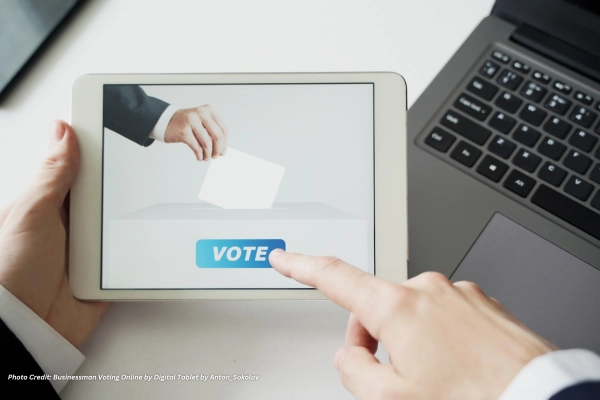







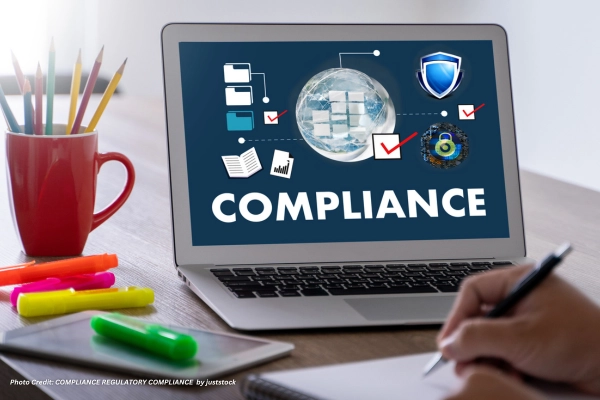










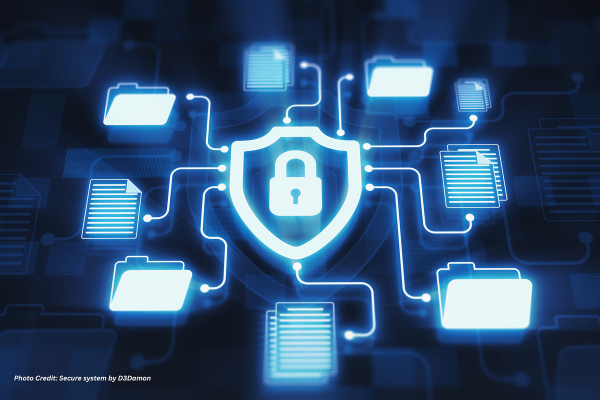





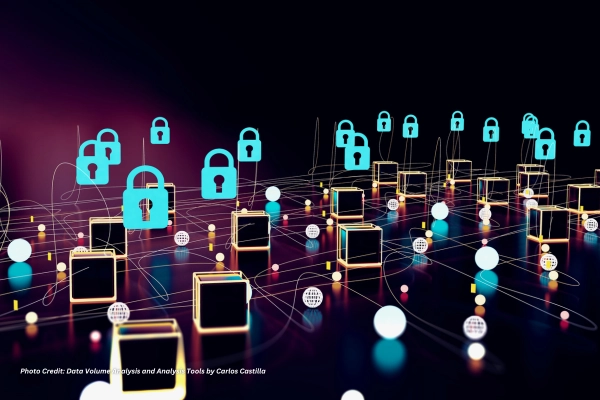







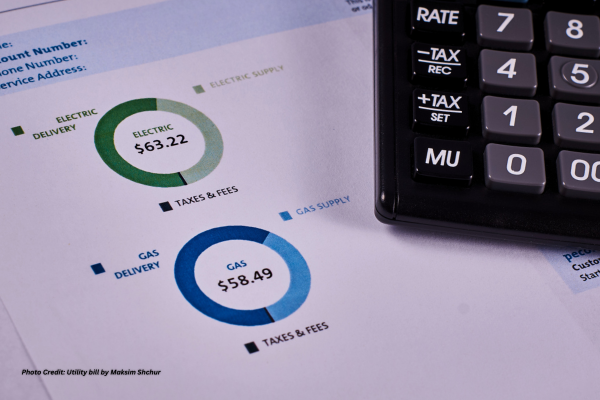









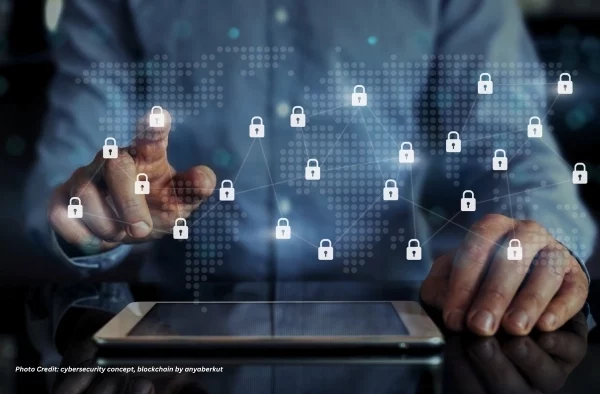











Today’s Pick
19th Social Media For Gov
October 30, 2024
11th Annual Aus Goverment Data Summit
April 1, 2025
7th Annual NZ Government Data Summit
May 5, 2025
Subscribe
We send emails,
but we do not spam
Join our mailing list to be on the front lines of healthcare , get exclusive content, and promos.
AI appointment Australia Australian boosts business businesses covid-19 cyber cyber attack cybersecurity cyber security data data breach data management defence Digital Education employment enhances Featured Leader fraud funding government grants Healthcare infrastructure Innovation Lockdown new zealand NSW NZ online Procurement Public Sector queensland renewable energy scams Social Media Technology telecommunications vaccine victoria WA Workplace
-

SmartSat develops $7M autonomous AI Spacecraft
Innovation, News
-

EMT app boosts mental well-being
Innovation, News
-

The rise of AI and ML in data backup systems
Data Management, Opinion
-

Workforce Australia ‘a disaster’ due to outages and tech errors
Digital Government, Employment, News
Show More-

Effects of ineffective communication in the workplace
Communications, Personal Development
-

7 ways you can enhance your personal development skills
News, Personal Development
-

5 advantages of working in the public sector
News, Personal Development, Professional Development
-

Geospatial intelligence projects gets funding from Defence industry
Cyber Security, Digital Government, Innovation
Show MoreLast Viewed